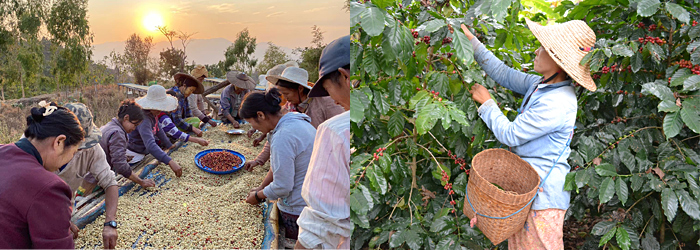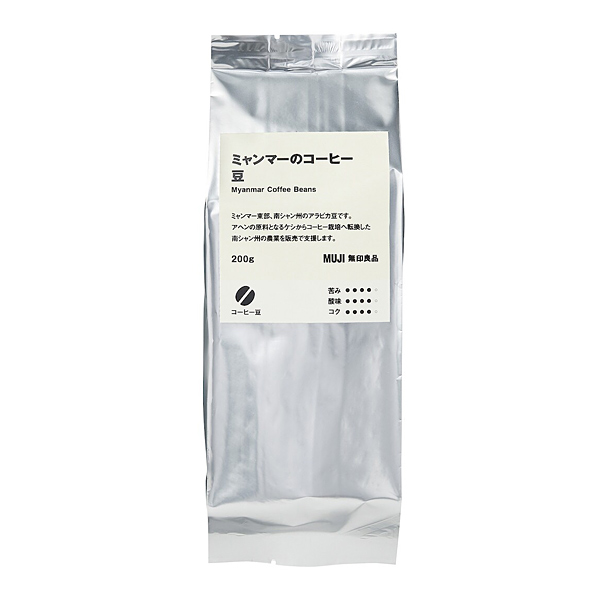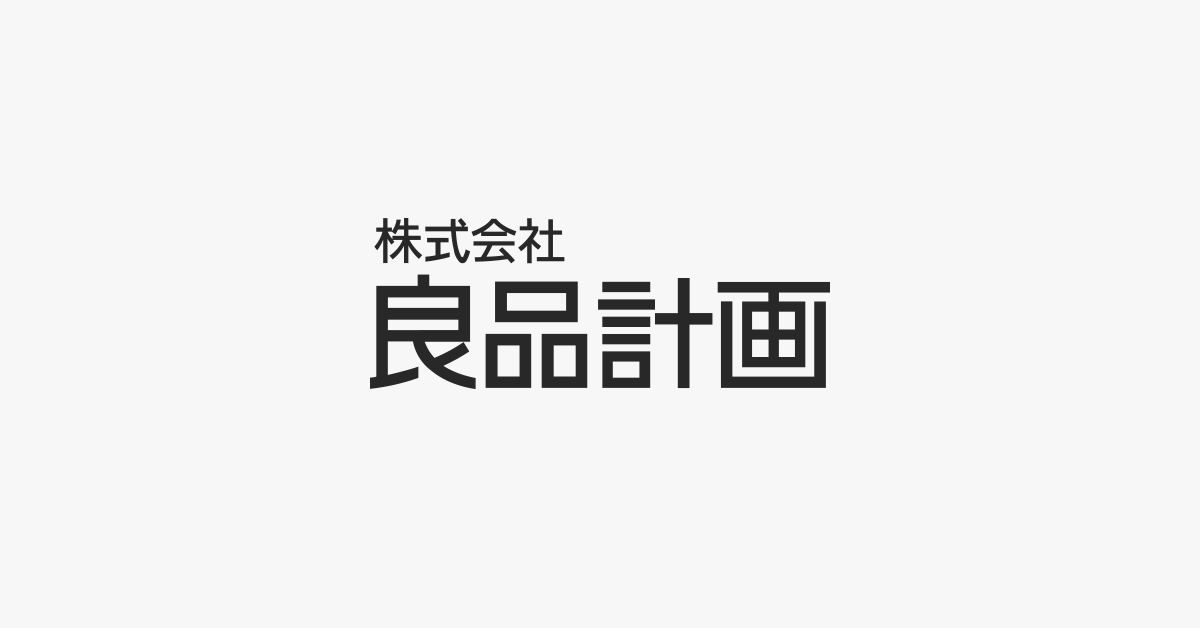Supporting the conversion from opium production to coffee cultivationThe Release of "Myanmar Coffee Beans"

Ryohin Keikaku Co., Ltd. (Tokyo; Satoru Matsuzaki, President & Representative Director) will start selling Myanmar Coffee Beans at limited MUJI stores in Japan as well as MUJI online store from Wednesday, September 23. These coffee beans are cultivated in the Republic of the Union of Myanmar (hereafter, Myanmar) as a sustainable livelihood alternative to growing poppies.
Farming coffee as an alternative to poppy cultivation
Promoting "a simple, pleasant life" in various countries and regions around the world, MUJI not only sells products that are essential for daily life, but also pays attention to the various issues that society is facing. Myanmar's southern Shan State is located in the Golden Triangle, a mountainous region bordering Thailand, Laos and Myanmar, known as one of the top opium poppy cultivation areas in the world.
The living conditions of the ethnic minorities in this region are tough, and poppy cultivation by the "slash-and-burn" agriculture method, which is labor demanding while having a high environmental impact, has become an important source of income. In recent years, the area where poppy cultivation is prevalent has decreased due to Myanmar Government's efforts. However, many farmers were hit with poverty due to a lack of alternative sources of income besides poppy cultivation, and some others continued to cultivate poppy in the mountainous areas out of reach by the Government.
To solve these problems, the Government and the United Nations Office on Drugs and Crime (UNODC) are working together to promote the cultivation of coffee as an alternative crop in southern Shan State. Southern Shan State, where poppy is being grown, has an altitude of 1,000 to 1,800 meters, and the climate conditions are perfect for high-quality coffee production. The Green Gold Cooperative, a cooperative of coffee farmers in southern Shan State, was established in 2015 with the support of UNODC. Currently, more than 900 farmers joined the cooperative to cultivate coffee. In order to minimize the environmental impact, and to secure income sources aside from coffee, the farmers cultivate Arabica Coffee applying the agroforestry method, which is a combination of coffee growing alongside other fruit plants. Harvested coffee beans started being shipped to Europe from fall of 2018.
Offering support through the sales of coffee beans
MUJI agrees with the initiatives of UNODC and the Green Gold Cooperative, and considered selling coffee beans produced by the farmers of the cooperative. In our conversations with the farmers during our visit to Myanmar, we learned that small size coffee beans could not be exported and were being sold at a low price in Myanmar. These coffee beans are just as delicious as their large size counterparts, but are rejected only due to their size. In order to help increase the income of the coffee farmers and support the conversion of poppy cultivation to coffee farming in the southern Shan State, we plan to sell the small size coffee beans as "Myanmar Coffee Beans" at MUJI stores and online store.
【Product Detail】
The coffee beans are grown in southern Shan State at an altitude of 1,000 to 1,800 meters.

- Product Name:
- Myanmar Coffee Beans
- Price:
- 990 yen (incl. consumption tax)
- Specification:
- 200g
- Release date:
- September 23, 2020 (Wednesday)
【Store Information】
This product will be only sold at 39 stores in Japan as well as the MUJI online store.
RYOHIN KEIKAKU Co.,LTD Public Relations Business Management

